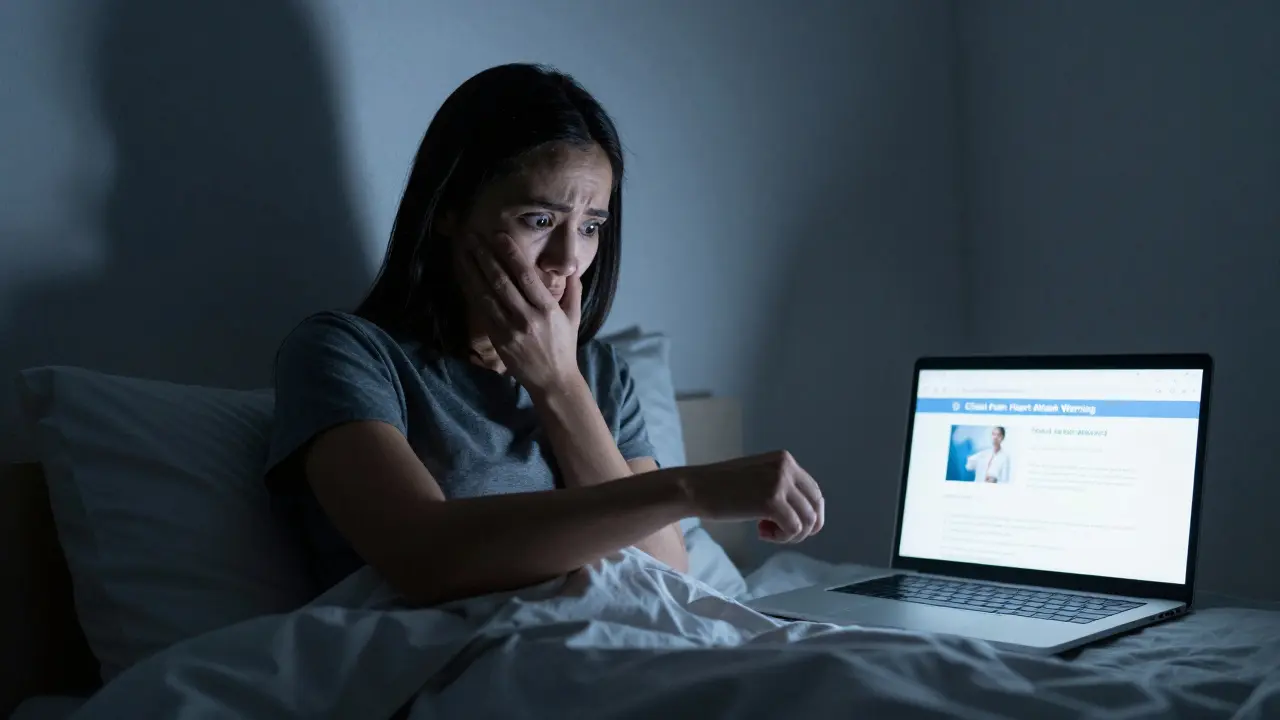Mental Health: Simple Steps to Feel Better Every Day
Ever felt your mind running like a radio on too many stations? Mental health isn't about fixing something broken—it's about learning which stations help you. You can start small and get real results.
First, notice the signs. Trouble sleeping, constant worry, sudden mood changes, avoiding friends, or feeling numb are clear signals. Pinpointing one or two of these makes it easier to act. If your work, relationships, or daily tasks slip, that’s a red flag to take action now.
Quick daily habits
Small habits add up. Try three things: a five-minute breathing break, a short walk, and one tiny task you finish each day. Breathing slows your heart and clears your head. Walking boosts mood chemicals and breaks a negative thought loop. Finishing a small task gives you a win—use that to build momentum.
Use tech wisely. A mood or sleep tracker app can show patterns you miss. But set limits: social feeds can spike anxiety. Pick one app for help—guided breathing, sleep stories, or CBT exercises—and mute the rest for an hour each day.
Connect with people. Talk about how you feel with someone you trust or join a local group. You don’t need to overshare—just a “I’m having a rough day” can change how you feel. Real human contact reduces stress hormones and reminds you you aren’t alone.
When to get help and what to try
If symptoms persist for weeks, get worse, or lead to self-harm thoughts, reach out to a professional. Start by calling your primary care doctor, a therapist, or a crisis line. Therapies like CBT, creative arts therapy, and mindfulness-based approaches help many people. Ask about short-term plans so you know what to expect.
Medication can be useful for some conditions. It often works best with therapy, not alone. Talk openly with a clinician about side effects and follow-up plans. Trust your instincts—if one approach doesn’t fit, ask about other options.
Build a toolbox. Include a few go-to strategies: breathing, grounding exercises (name 5 things you see), a playlist that calms you, and a contact list of people you trust. Put this list where you can reach it during a tough moment.
Stigma still exists, but talking changes that. Share what works for you and read real stories—others’ experiences can give practical ideas, not just hope. If you need guidance, our articles cover anxiety, stress, mindfulness, creative therapies, and how tech affects well-being. Pick one small step today and try it for a week.
Try improving sleep first: set a regular bedtime, dim lights an hour before, and avoid caffeine late in the day. If budget is tight, look for sliding-scale clinics, community mental health centers, or free online peer support groups. Employers often offer mental health benefits—check your HR or benefits portal. Keep a simple mood journal for two weeks to notice trends you can discuss with a clinician. Small practical moves make a big difference when you stick with them and keep going.

Stress Reduction: The Essential Guide for a Peaceful Life
Stress reduction isn't about fixing everything-it's about small, daily habits that help your body and mind reset. Learn proven, realistic ways to calm your nervous system, reduce anxiety, and create a peaceful life-even when life is overwhelming.
Read More
Health Anxiety: The Silent Epidemic
Health anxiety is a growing mental health crisis where people obsess over illness despite medical reassurance. It causes real physical symptoms, drains relationships, and wastes resources. The good news? It's highly treatable with therapy and lifestyle changes.
Read More
The Benefits of Biofeedback for ADHD Treatment
Biofeedback offers a drug-free way to train the brain for better focus and impulse control in ADHD. Research shows lasting improvements in attention, with no side effects. Learn how it works and who benefits most.
Read More
Health Anxiety: How to Stop Constantly Worrying About Being Sick
Health anxiety makes normal body sensations feel like life-threatening illnesses. Learn how to break the cycle of fear, stop obsessive checking, and reclaim your life without relying on constant medical reassurance.
Read More
How Calmness Improves Decision-Making in Everyday Life
Calmness isn't about being relaxed - it's about keeping your brain in control when pressure rises. Learn how staying calm leads to faster, smarter decisions in everyday life.
Read More
Mental Health in the Workplace: Why It Matters
Mental health in the workplace isn't a side issue-it's a core part of productivity, retention, and human dignity. Learn why ignoring it costs businesses billions-and how small changes can make a huge difference.
Read More
Biofeedback for Anxiety Relief: How It Works and Benefits
Learn how biofeedback works for anxiety relief, compare popular methods, and get a step‑by‑step plan to start calming your nervous system today.
Read More
Mental Health Unmasked: Signs, Help, and Stigma Explained
Mental health can look invisible from the outside. Learn the real signs, what to do next, how to talk about it, and practical strategies that actually help.
Read More
Gut Health and Mood: The Unexpected Link That Changes Everything
Did you know your gut could be running the show when it comes to your mood? Discover the real science connecting gut health with happiness, stress, and mental clarity.
Read More